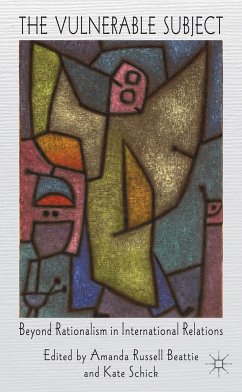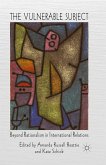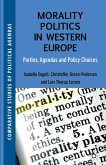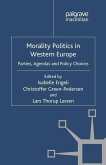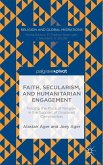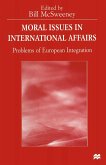'The Vulnerable Subject is a wonderful book. The volume's editors have assembled a
collection of essays that collectively take the reader beyond now-familiar critiques
not only of mainstream 'explanatory' IR theory, but also of rationalist normative
theory. Eschewing well-worn oppositions and dichotomies, the authors challenge us
to consider the implications of 'the vulnerable subject' in a wide range of theoretical
and empirical positions related to global politics. If you teach or research in international
relations or moral and political philosophy, this book may change the way
you think about ethics, politics, your 'subject' and your self.'
Fiona Robinson, Professor of Political Science, Carleton University, Canada
collection of essays that collectively take the reader beyond now-familiar critiques
not only of mainstream 'explanatory' IR theory, but also of rationalist normative
theory. Eschewing well-worn oppositions and dichotomies, the authors challenge us
to consider the implications of 'the vulnerable subject' in a wide range of theoretical
and empirical positions related to global politics. If you teach or research in international
relations or moral and political philosophy, this book may change the way
you think about ethics, politics, your 'subject' and your self.'
Fiona Robinson, Professor of Political Science, Carleton University, Canada

